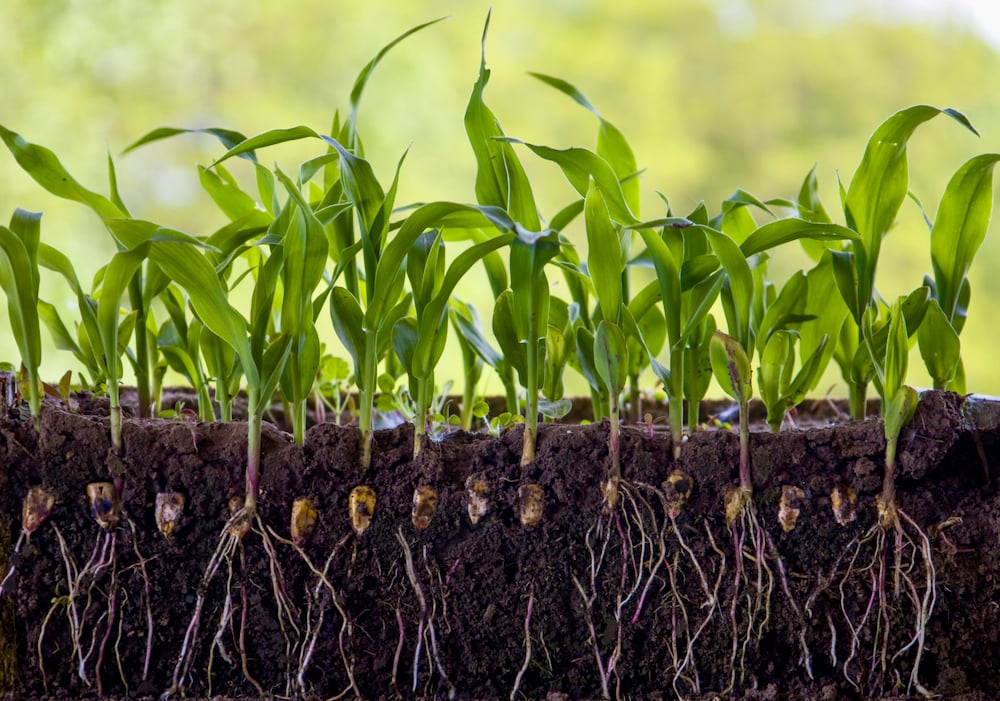Optimism high for Canadian agriculture

Lively groups of university students and young farmers were immersed in a sea of optimism and confidence during Canada’s Agricultural Day in Ottawa.
Read Also

Taking the pulse of plant growth
As a farmer, you probably think about plant roots more than most. Even so, they can be easy to overlook. They’re hidden…
From beginning to end, the Future of Food event, held a few hundred metres from Parliament Hill, focused on what many see as the better-than-ever potential for Canadian farming and food.
“There is a generational opportunity,” said Justine Hendricks, Farm Credit Canada’s president and CEO, to an audience of more than 700. “If we don’t act, we’re going to miss it.”
Why it matters: Agriculture organizations, farmers and industry representatives gather in Ottawa for Canada’s Agriculture Day every year to discuss opportunities and challenges in the sector.
Though some people outside the agriculture sector accuse farmers of contributing to climate change, the comments of deputy agriculture minister Stefanie Beck served as a riposte.
“We believe that agriculture is one of the solutions to climate change,” said Beck, whose comments were well received by the crowd.
She said agriculture is a $140 billion part of Canada’s economy, likely to hit $99 billion in exports this year, and a dynamic force for the nation.
“That’s thanks to you,” said Beck.
The Ottawa event, the capstone to recognition of Agriculture Day across Canada, saw scores of agricultural luminaries, politicians, senior bureaucrats, organization heads and farmers mingle with groups of university students.
A group from the University of Ottawa spoke with Hendricks during one coffee break, while a group from Queen’s University peppered AGT Food and Ingredients founder Murad Al-Katib during another.
A group of students from McGill attended the entire conference and young farmers from Ontario were easy to find.
Al-Katib urged Canadian agriculture folks to embrace the opportunities that the country offers and invest in the agriculture industry.
“Canada has such an advantage,” said Al-Katib, who began building his pulse-based trading and processing empire from the middle of his native rural Saskatchewan, where his Turkish parents had settled in the 1960s.
He praised Canada’s political and economic stability, as well as its riches in farmland, water and work ethic.
Panel discussions tackled opportunities and challenges to Canada’s farmers and agriculture industry.
Michael McCain, Maple Leaf Foods’ CEO, said Canada is a great place to produce carbon-neutral and sustainable food, but consumers aren’t yet willing to support that development with their grocery spending.
He urged the crowd to tackle the issue, since consumer support is necessary for agriculture and food to successfully embrace a transformation.
“Government, business leaders, civil society, farming companies – we need to build a coalition of consumer awareness and trust,” said McCain.
The McDonald’s fast-food chain was lauded for vocally supporting Canadian farmers in its labelling and branding. Canadian McDonald’s president Michele Boudria discussed sustainability measures like those developed by the Canadian Roundtable for Sustainable Beef.
Indigenous agricultural leaders and entrepreneurs said there is much potential for farming development across Canada. They called for more connections across agriculture to tap that potential.
There wasn’t much negative talk at Canada’s Agriculture Day, but on the previous evening, a friendly warning was raised by Ted McKinney, CEO of the U.S. National Association of State Departments of Agriculture. He thinks Canada’s implementation of the dairy accord following negotiation of the CUSMA trade deal might soon provoke political talk south of the border.
“We felt betrayed,” said McKinney about Canada’s effective blocking of most U.S. dairy products despite the accord.
Canada’s Agriculture Day didn’t exactly occupy Parliament Hill, where a chill north wind shredded the joy of being outdoors.
A restrained pro-Palestinian protest chanted and waved placards in front of the Prime Minister’s Office down the street from the Agriculture Day pre-event, but in general it was a quiet time in Ottawa to respect one of Canada’s most important economic forces that employs millions and feeds tens of millions.
Source: Farmtario.com

